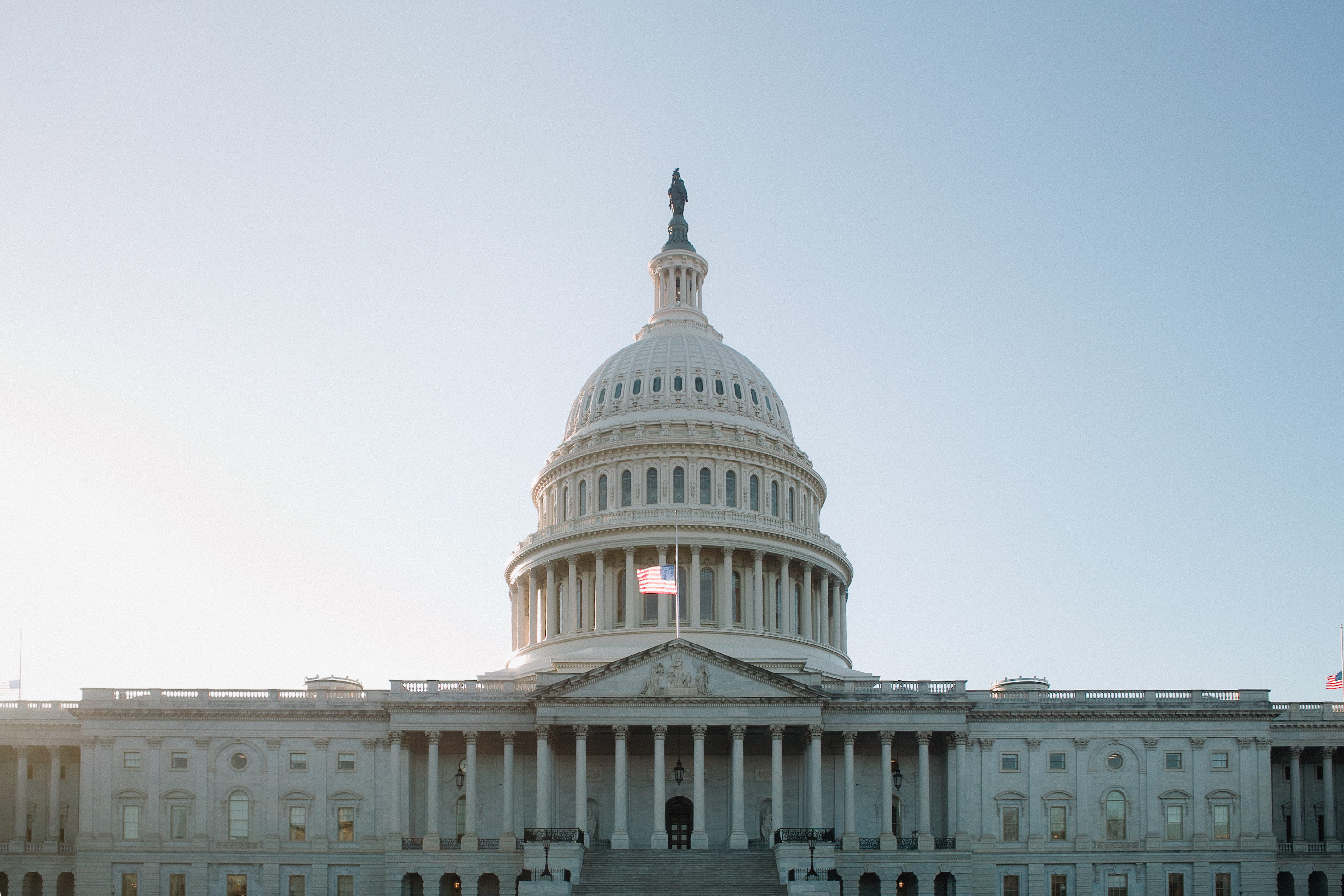Washington, DC
Mr. Speaker, I am discouraged to come to the floor today to squander the valuable time of this body, arguing over a pointless resolution that will accomplish nothing for the people of this country, whether it is accepted or rejected.
Let’s be very clear about what this resolution does and does not do. We are not arguing today over whether this body will or will not adopt a tax on carbon emissions. This resolution merely—and I am quoting—“express[es] the sense of Congress” about a carbon tax. What do we achieve by voting on the mood of Congress? Nothing! Mr. Speaker, this is an exercise better suited to a high school debate class, not the United States House of Representatives.
There are plenty of people across this country who need real help and real action from this Congress. Everyday American families—people far away from this building, far away from this city—are struggling with real problems. They feel their standard of living slipping away from them. They want to feel some security—security that their jobs will stick around, security that they can count on their health insurance, security that one day they’ll be able to retire with dignity, security that they will be able to launch their kids into a successful and happy life.
The Republican leadership of this chamber has the power to choose to bring forward legislation that would help American families with any one of those challenges today. Instead, we are using one of our precious remaining legislative days to hold an amateur debating club. This empty gesture—this political stunt—is not worthy of the time or attention of this body.
When I go home and talk to my constituents and my neighbors, they want to hear what I plan to do to ensure that their hard work still translates into a decent life.
Something around us is going wrong—there’s a growing anxiety around this country that is bigger than our political divide. It’s a building sense that, at some point when we weren’t looking, the system was rigged against ordinary people. The rules changed on us, and hard work isn’t enough to guarantee that you can make it anymore.
The unemployment rate is low, but 65 percent of Americans worry about having enough money to pay their bills. One in five Americans has more credit-card debt than emergency savings. Less than 40 percent of the people in this country have enough savings to cover a $1,000 emergency room visit or car repair.
It’s plain to see in my district. In my hometown of Springfield, Massachusetts, the median household income is $55,000—and it rose less than 1.5 percent from last year. At the same time that income has barely moved, home prices went up 9 percent in our market last year, a gallon of gas there costs 28 percent more than last year, and electricity bills in Massachusetts are up 21 percent over last year. Child care, saving for college and retirement, healthcare premiums—people can’t keep up. Teachers have to pick up jobs waiting tables or driving for Uber. Families need to juggle multiple jobs just to get by.
But today’s economy isn’t equally hard on everyone. The average Wall Street bonus—not the salary, mind you, just the bonus—is now $185,000. It rose 17 percent after the Republicans passed their tax bill last year. That’s three times what most American families bring home in an entire year.
If it seems like things used to be easier, it’s because things used to be easier. Americans born in the 1940s had a 92 percent chance of earning a higher income than their parents had at age 30. Those born in the 1980s have a 50 percent chance of doing so. And the tax bill that the Republicans passed last year—without a single hearing and without a single Democratic vote—will make things substantially worse.
People don’t really need to hear these statistics—they know it intuitively. Three out of four Americans are not confident that today’s children will grow up to be better off than their parents. They’re right to worry.
Healthcare used to be easier to afford. The new Republican tax law raised premiums 15 percent and weakened protections for the millions of Americans with pre-existing conditions. Then the Republicans wanted to slash $500 billion out of the Medicare program that so many of our family members depend on. What have families gotten from the Republicans on healthcare? Higher deductibles, higher costs, and plans that cover less.
The cost of a four-year degree at a public college has doubled since 1996. That basic ticket into the middle class is out of reach for too many of our young people, today. And the ones who do manage to scrape through, far too often accumulate debt that makes homeownership or starting a family a pipe dream.
Other family budget essentials just keep climbing too. Gas prices are up 27 percent from last year. Child care costs rose for the fifth year in a row—this year a week of infant child care at a daycare center is $211.
Mr. Speaker, there are concrete actions that we can take, right here in this chamber, to support American families. We could spend today working on college affordability. Or protecting Americans with pre-existing conditions. Or how to help more young people afford a first home. Or how to help their parents prepare for a secure retirement.
We are nearly out of time to get things done in this Congress—we are down to less than 25 legislative days before the election, so if we plan to do anything about the pressing issues facing Americans, this would be the time to step up.
But instead of trying to broker solutions or offer any ideas, the Republican leadership has opted to hold a shadow debate. It doesn’t matter how this vote turns out—the outcome will be identical either way. Nothing will change.
Nothing will change. That contentment with the status quo may be fine for my Republican colleagues, but it isn’t helping the families I represent. In fact, it pretty much encapsulates their worst opinions of Congress.
Listen. If you want to debate a carbon tax, let’s hold some hearings. Let’s find out what it would mean for the economy, for Big Oil, for families in Springfield. Let’s find out what impact it would have on fossil fuel emissions and on economic growth. Let’s think strategically about how it would affect our geopolitics. If you want to have this debate, let’s have this debate.
But today’s resolution is toothless, meaningless. The outcome will be nothing, no matter what the final vote is. This is a waste of time that we ought to be devoting to serving the people who sent us here.
I yield back.
Watch here.
##

